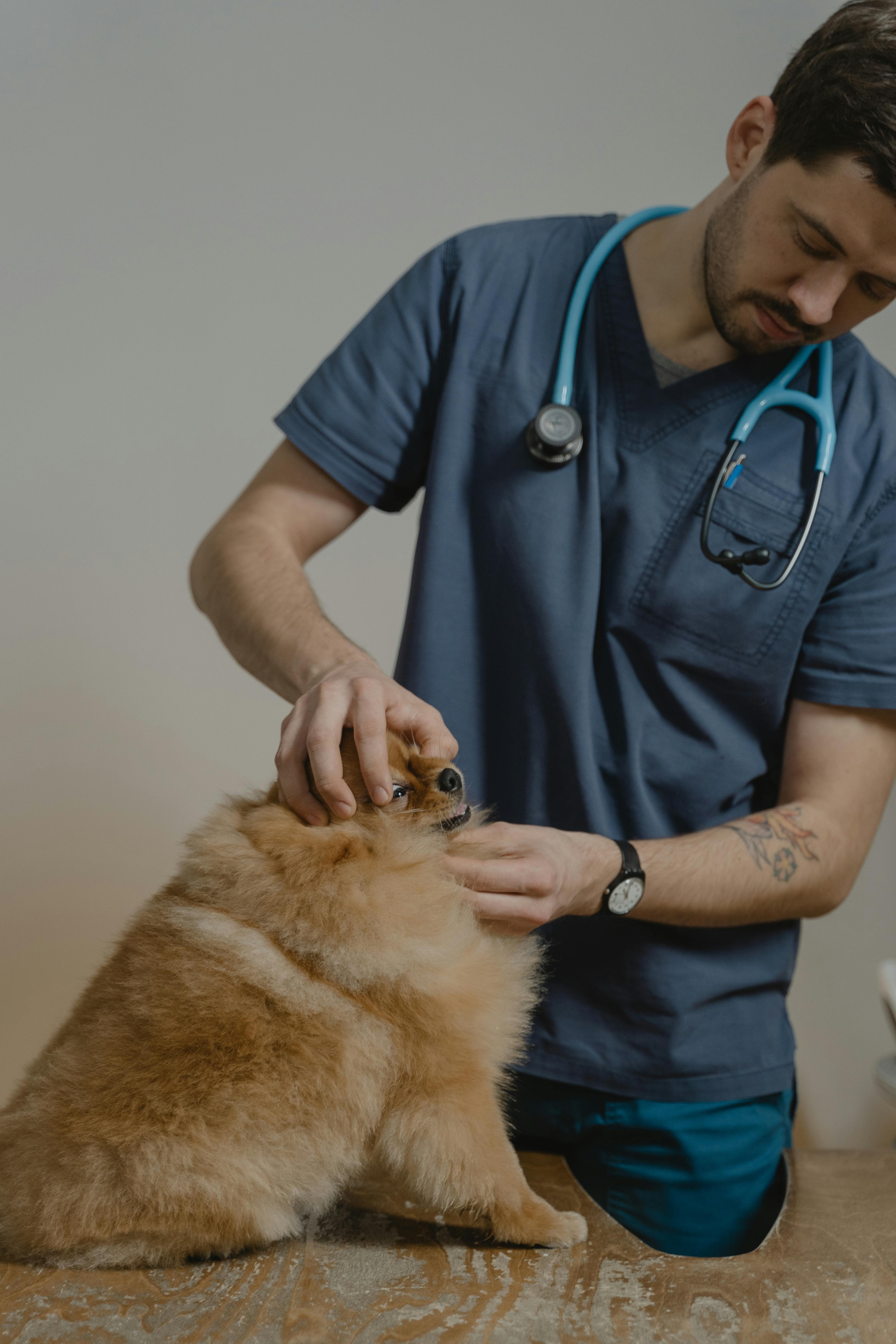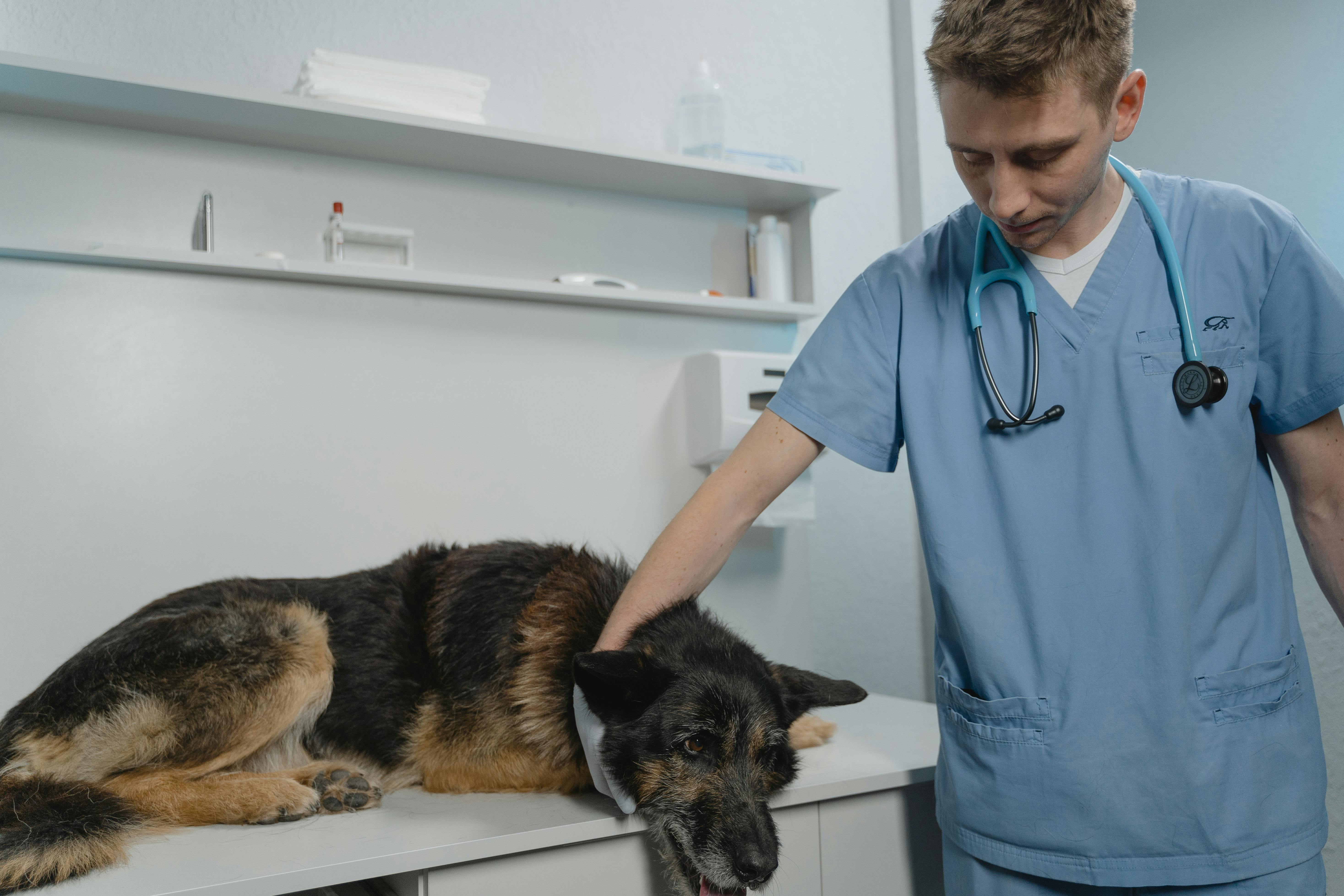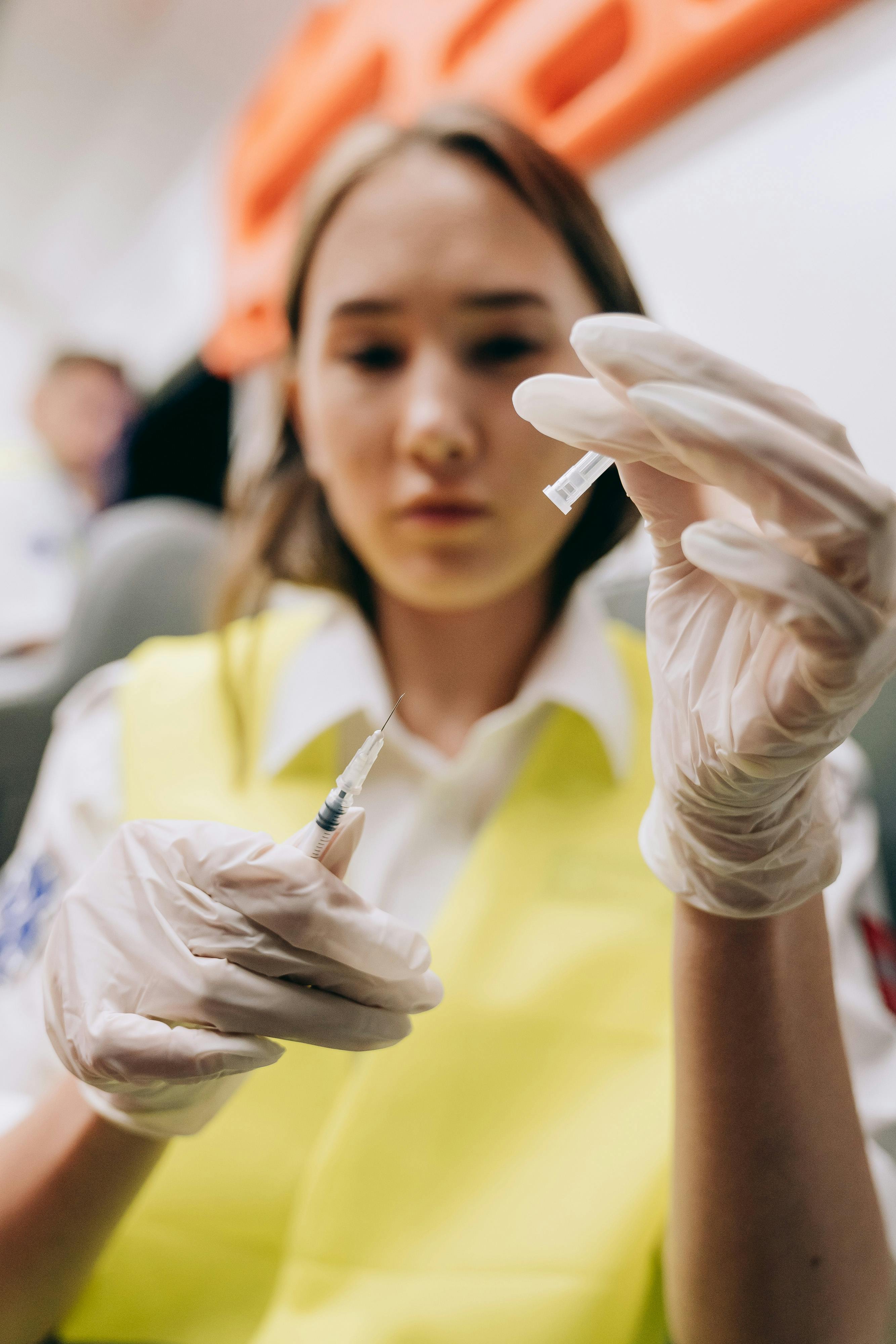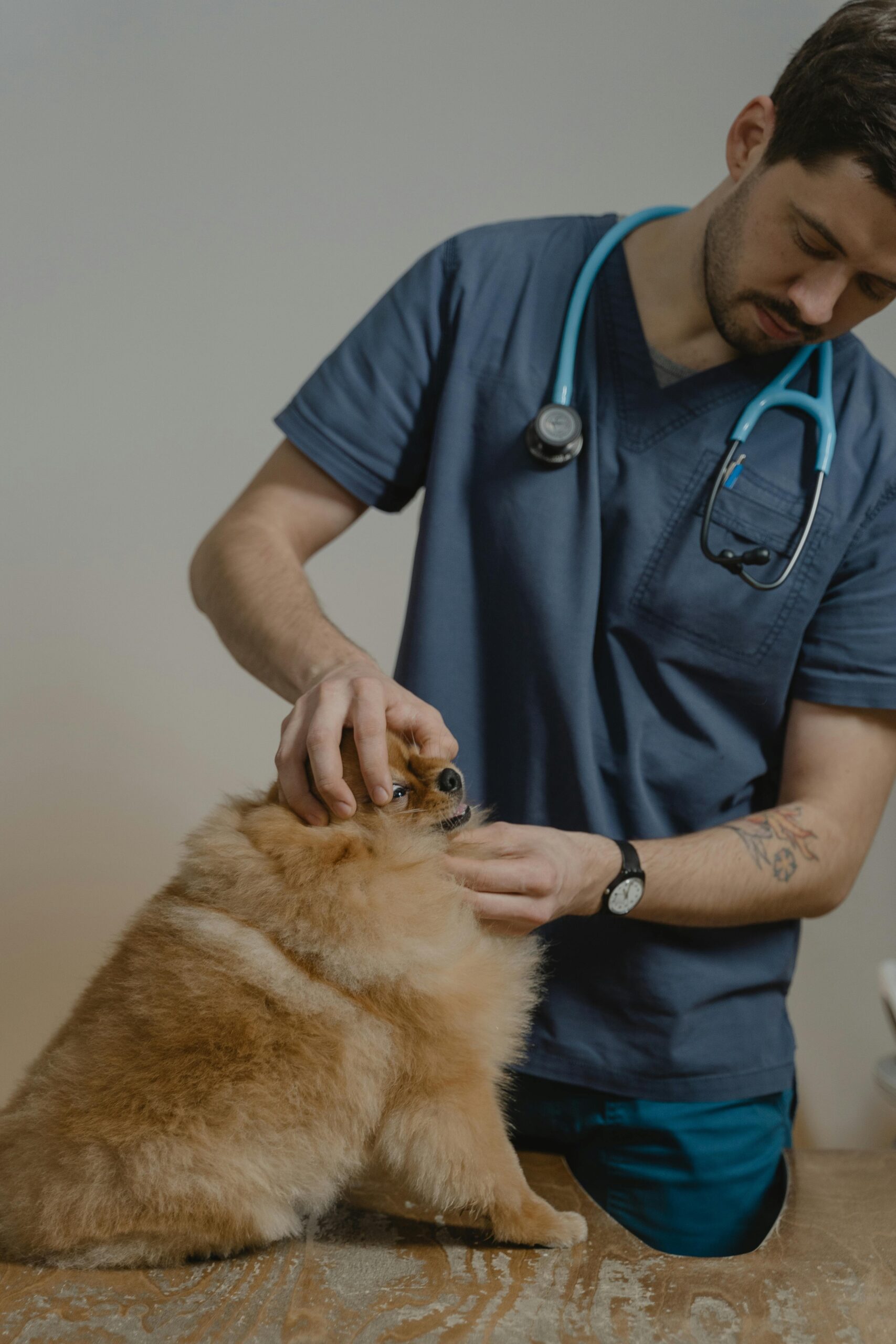Glenwood Pet Hospital Urgent Care: Complete Guide to Emergency Pet Services
When your furry friend faces a sudden health crisis, knowing where to go can make all the difference. Glenwood Pet Hospital Urgent Care provides rapid, professional care when every second counts. In this comprehensive guide, you’ll discover how this facility delivers expert treatment, what services are available, and how to navigate urgent pet care with confidence.

Understanding the Fundamentals
Urgent veterinary care refers to medical attention required for pets with sudden, serious conditions that can’t wait for a routine appointment. It’s the pet equivalent of a human ER visit. Glenwood Pet Hospital Urgent Care is designed to meet this critical need with advanced diagnostics, skilled staff, and rapid interventions.
With increasing pet ownership and awareness of animal health, urgent care clinics have evolved as a vital part of veterinary infrastructure. They bridge the gap between regular vet visits and full-scale emergency hospitals, providing essential services exactly when needed.
1.1 What Is Considered a Pet Emergency?
Pet emergencies can range from trauma to poisoning to unexplained symptoms like vomiting or collapse. According to the American Animal Hospital Association, delays in treatment can significantly reduce survival chances in emergencies.
Real-world scenarios include car accidents, seizures, or ingestion of toxic substances. It’s crucial to act fast and bring your pet to a trusted urgent care center like Glenwood Pet Hospital, which offers immediate stabilization and treatment.
1.2 Differences Between Routine and Urgent Care
Unlike scheduled wellness checkups, urgent care handles unpredictable and often critical conditions. Routine care might involve vaccinations, while urgent care could mean treating a bleeding wound or sudden paralysis.
What makes urgent care unique is its focus on fast diagnostics, 24/7 readiness, and access to emergency surgeries or isolation units when needed. Glenwood Pet Hospital Urgent Care excels at providing this high level of responsiveness.
Practical Implementation Guide
Knowing how to respond when your pet needs urgent help is essential. The following guide outlines how to navigate the process, from recognizing symptoms to receiving care and follow-up.

2.1 Actionable Steps
- Identify Symptoms: Look for signs such as difficulty breathing, excessive vomiting, seizures, or blood loss.
- Contact the Clinic: Call Glenwood Pet Hospital Urgent Care ahead of arrival to alert the team and get immediate advice.
- Bring Essentials: Carry medical records, a list of symptoms, and any substances the pet may have ingested.
2.2 Overcoming Challenges
Many pet owners struggle with identifying what qualifies as an emergency. Common challenges include:
- Mistaking minor symptoms for emergencies
- Panic leading to delayed decisions
- Lack of transport or finances
Solutions involve educating yourself on symptoms, keeping emergency numbers handy, and exploring financing options like pet insurance. Expert tip: Keep a “pet emergency kit” at home with basic first aid supplies and Glenwood’s contact info.
Advanced Applications
Glenwood Pet Hospital Urgent Care goes beyond basic emergency aid by offering advanced medical techniques. This includes diagnostic imaging, emergency surgeries, and post-acute rehabilitation therapies. These next-level options improve outcomes for severe cases and provide continuity of care.

3.1 Emergency Imaging and Surgery
The facility uses digital X-rays, ultrasound, and even CT scans for swift, precise diagnosis. These tools help pinpoint issues like internal bleeding or fractures instantly. Many emergency surgeries are performed on-site, reducing the delay caused by referrals.
Case studies show pets recovering from major trauma within days due to timely surgical intervention. Metrics like recovery speed and post-op infection rates consistently outperform national averages.
3.2 Integrated Recovery Programs
Advanced care doesn’t stop at the procedure. Glenwood Pet Hospital offers physical therapy, hydrotherapy, and nutritional rehab for recovering animals. These services integrate seamlessly with primary vet care, providing a full-circle recovery plan.
Compatibility with various veterinary record systems ensures updates are shared with your regular vet for cohesive treatment continuity.
Future Outlook
The future of urgent pet care is promising. With telemedicine, AI-based diagnostics, and expanded 24/7 service models, clinics like Glenwood are adapting rapidly. Innovations like remote symptom triage and smart collars could revolutionize early detection.
Over the next 3-5 years, expect to see more mobile units, AI-powered vet assistants, and increased specialization within urgent care. Pet owners can prepare by familiarizing themselves with tech-enabled options and ensuring updated contact info with their preferred clinic.
Conclusion
In summary, Glenwood Pet Hospital Urgent Care offers:
- Rapid, expert emergency response
- Advanced treatment technologies
- Complete aftercare and follow-up integration
Whether you’re dealing with sudden trauma or an unexplained illness, Glenwood provides unmatched support. Be proactive—know the signs, prepare for emergencies, and keep Glenwood’s contact info handy. Your pet’s life could depend on it.
Act now: Save the emergency number, create a pet care plan, and explore coverage options. Peace of mind starts with preparation.
Frequently Asked Questions
- Q: What qualifies as a pet emergency? Difficulty breathing, seizures, trauma, or ingestion of toxins are all emergencies. If unsure, call Glenwood immediately.
- Q: How do I start using Glenwood Pet Hospital Urgent Care? Simply call or walk in—no appointment needed. Bring your pet’s medical history if available.
- Q: How much time does urgent care usually take? Most visits range from 30 minutes to 2 hours depending on severity and diagnostics.
- Q: What are the typical costs? Fees vary between $100 and $1000+ based on the issue. Emergency surgery and imaging increase costs.
- Q: How does this compare to emergency animal hospitals? Glenwood offers similar services with a more personalized approach and shorter wait times.
- Q: Is it hard to use advanced services? Not at all. Glenwood’s team guides you through each step with simple instructions and full support.
- Q: Can this be used for exotic or farm animals? Primarily small pets like cats and dogs, though some urgent cases involving birds or rabbits may be accepted.
